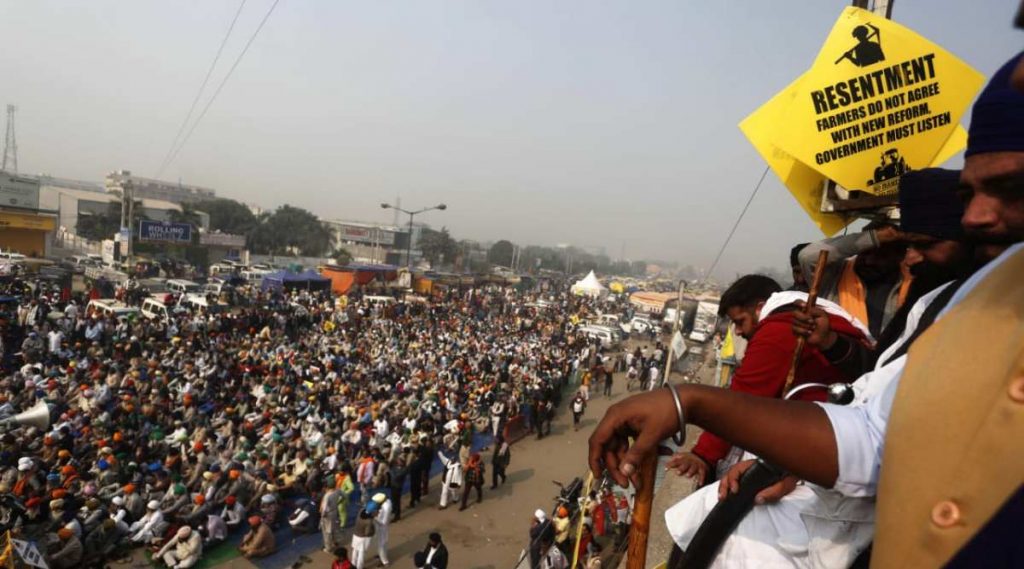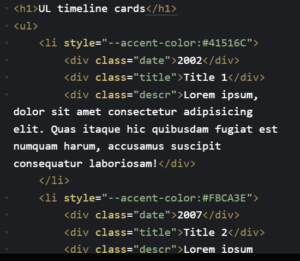Introduction:
The parliament of India passed three acts regarding the welfare of the farmers as they say, on September 2020. They also call it as farm bills. According to the honorable prime minister of India, these bills are a watershed moment in the history of Indian agriculture. He also stated that these bills will ensure a complete transformation of the agricultural sector and empower tens of millions of farmers. Many prestigious institution and researches supported the passing of this act. But the farmers of certain states did not support it and started protesting against it. There started the Indian Farmers’ Protest, which is getting stronger day by day, despite the outrageous efforts of the government and the city police.
Farmhttp://2020–2021 Indian farmers’ protest – Wikipedia bills:
The Indian Agriculture Act 2020 was passed in the Parliament of India in September 2020. It is also called as the farm bills. Thus, the act was approved in Lok Shaba on 17 Sept 2020 and in Rajya Shaba on 20 Sept 2020. There are three farm laws that constructs this main act. They are as follows,
- The Farmers’ Produce Trade and Commerce (promotion and facilitation) Act, 2020.
- Farmers’ (empowerment and protection) Agreement on Price Assurance and Farm Services Act, 2020.
- Essential Commodities (amendment) Act, 2020.
These acts are said to provide more facilities for the farmers to earn the deserving income for their crops, and to trade them to different countries that are in dire need of our wealth to sustain.

Support:
Several union ministers supported the act and even urged the farmers not to have any misconceptions. The Chief Economist of the International Monetary Fund, Gita Gopinath said the, “farm bills and labour bills are very important steps in the right direction.” She also stressed that the implementation of these laws must be right. 866 academics from different educational institutes signed an open letter expressing their support for the three farm laws. Many other researchers and economical activists supported this act and highly appreciated the Parliament for passing these three laws.
Opposition:
However, not all the institutes and geniuses supported this act. There were oppositions from people all over the country. Former chief economist Kaushik Basu, called the new farm bills as ‘flawed’ and ‘detrimental to farmers’. 413 academicians from across the country and several board universities said in a statement that the new bills pose a major threat to farming communities all over India and urged the government to abandon it.
On Dec 31 2020, the Kerala legislative assembly passed a resolution against the farm reforms to seek their withdrawal. Many farmers started protesting against the farm bills stating that it will hurt their earnings. The main reasons for opposing is the uncertainty regarding the implementation of the reforms, controversy surrounding the MSPs and poor bargaining of the farmers.
MSP:
Minimum Support Price is an agricultural product price, set by the Government of India to purchase directly from the farmer. This is not enforceable by the law. By definition this rate is to safeguard the farmer to a minimum profit for the harvest, if the open market has lesser price than the cost incurred. Lack of statutory support in the bills for the MSP is a major point of concern, especially for farmers from Punjab and Haryana, where 65% of wheat was being procured at MSP by the Food Corporation of India and other state agencies. That induced the first spark for the protest in Punjab and Haryana.
Protests:
Various protests have started since the proposal of the new farm bills and farmers from different parts o the country started their protests by marching towards Delhi where it is believed that a deserving solution will be given to the innocent farmers, who spend all their lives under the sun to make food for the urban population. But we as the consumers of their hard work, don’t have the time to even hear their painful cries for support. Media and other similar entities have stated that this is the first major protest, since Narendra Modi’s government. But that is not the whole truth.
Masked Dissent:
On 14 March 2017, a group of Tamil farmers protested in Delhi asking a loan waiver from the central government. They chose protest as their last hope, because the state government failed to give them the loan waiver, due to the expenses caused by a heavy rainfall that was the reason for the farmers fare less poor state. This protest lasted till 26 Oct 2017, but no one was ready to support them in their time of need. They tried certain gruesome methods to gain the attention of both the population and the government. But nothing turned fruitful.
The society turned deaf when they stated the facts and extended their hand in hope of seeking help. What they did not know is that their dignity would be snatched away in return for a minimal help. When they protested, taking sun as their roof and draping rain and flakes as their blanket, it did not become a national issue. Every one saw it as a hinderance to their daily routine and nothing else. The same should not happen to the Indian farmers who are protesting for their yield.
Demand of the Farmers:
Farmer unions and their representatives have demanded that the laws be replaced and will not accept anything short of it. They have rejected a Supreme Court stay order on the implementation of the farm laws as well as the involvement of the supreme court appointed committee. Eleven rounds of talk that took place between the central government and the representing farmers had been inconclusive.
On 3rd February, farmer leaders warned of escalating the protest to overthrowing the government if the farm laws were not replaced. However, the stay order on the implementation of the farm laws remains in effect as of 29 January. The supreme court appointed committee continues with its tasks related to the farm laws and they have asked suggestions from the public.
The farm bills have been described by the farmers as anti-farmer laws and the politicians from the opposition also say that the farmers would be left in the mercy of corporates if this act is implemented. The farmers have demanded the creation of an MSP bill, to ensure that corporates cannot control the prices. However, the government says that the laws will make it effortless for the farmers to sell their produce directly o big buyers, and that the protests are based on misinformation.
Conclusion:
The great protest has been going on for about six months, yet we don’t have a clear solution that could satisfy both the farmers and the government and its allies. Not all the protests have had a fruitful effect in the long race of survival. But let us give our support to the farmers and hope that they get what they deserve for the sake of justice and our future generation.
– Devimanju Mohan.
https://ziontutorial.com/e-learning-pros-and-cons/
Crypto-currency website| Source Code Free Download
Top Best Free Resources For Free Stock Photos





